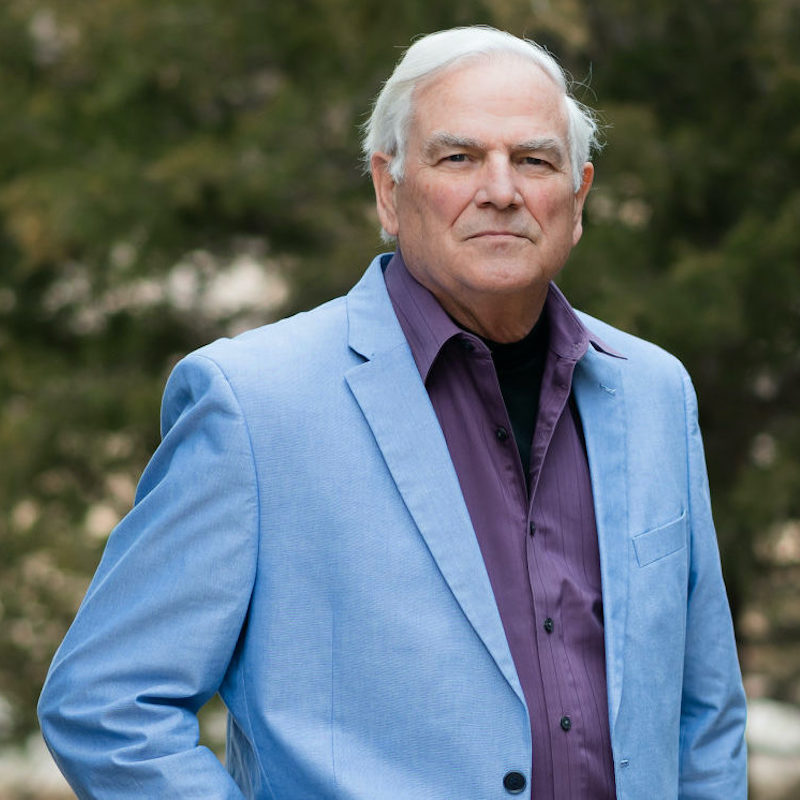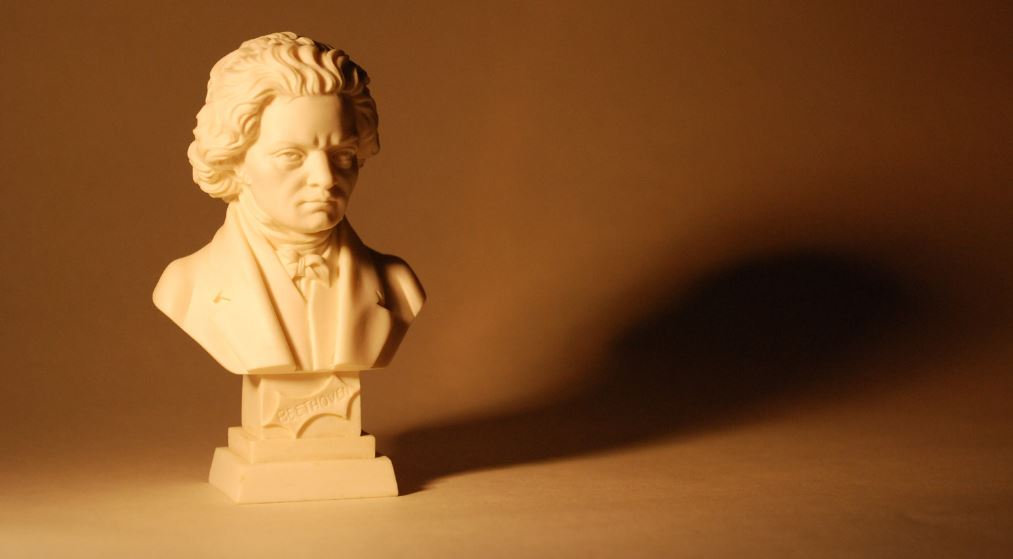Over the years, I have been interested in the hearing loss of the great composer Beethoven. How can a person have this degree and type of hearing impairment and still compose some of the world’s most impressive classical music? Over the next couple of weeks, Hearing International will explore the hearing loss of Beethoven.
This week will review the man and his accomplishments as well as his reaction to this hearing impairment, while next week we will explore the otologic specifics his hearing impairment. Listen to the 5 Symphony while reading, by clicking here.
Beethoven’s Hearing
Huxtable (2011) documents that Ludwig van Beethoven was born into a musical family in Bonn, Germany, in December 1770. His grandfather was the Elector of Cologne and his father was a tenor at the local court Kapelle. With the example of the young Mozart in mind, Beethoven’s father relentlessly drove his son as a musical performer. As a child, Beethoven learned to play the organ, piano, violin, and viola.
Alvarez et al (2011) discovered that Beethoven’s father was aware of the success Mozart had as a young child and wanted his son to be successful, too. Beethoven’s father’s cruelly made young Ludwig practice for hours at a time. His dream was to have his son make the family rich.
After long nights of drinking, Beethoven’s father would sometimes drag his son out of bed to practice the piano or play for guests. Young Ludwig gave his first public performance when he was just seven years old. He gave his first public concert at the age of seven. At twelve years, he published his first composition.
Beethoven moved to Vienna in 1792 to take lessons from Joseph Haydn, and within a few years was renowned both as a composer and as a performer. Within a short span of time, Beethoven gained immense fame for his musical prowess in both composition and performance.
During his early years, he boasted of exceptionally acute hearing. However, at the age of twenty-seven, he began experiencing a loss of hearing sensitivity to high-pitched sounds, which indicated the onset of nerve deafness, also known as sensorineural hearing loss. By this time, Beethoven had already composed numerous notable works, including his First Symphony, the first two piano concertos, piano trios of Opus 1 and Opus 11, piano sonatas of Opus 13, cello sonatas of Opus 5, and made significant progress on the string quartets of Opus 18. However, it took him another three years before he publicly acknowledged his deafness (Huxtable, 2011).
While the impairment initially began to manifest slowly around the age of twenty-seven, Beethoven’s hearing difficulties escalated by the time he reached thirty-one. He encountered challenges in conversational settings and other situations where hearing played a crucial role (Huxtable, 2011). Letters found on the Ludwig van Beethoven biographical site (2011) chronicle Beethoven’s realization of his hearing impairment and the subsequent frustration he experienced as a result.
Here are some excerpts from letters to friends:
 Letter of Beethoven to friend Karl Amenda dated July 1, 1801:
Letter of Beethoven to friend Karl Amenda dated July 1, 1801:“Know that my noblest faculty, my hearing, has greatly deteriorated…”
“…How sad is my lot, I must avoid all things that are dear to me..”
“…Oh how happy I should be if my hearing were completely restored, then I would
hurry to you…;”
“…Of course, I am resolved to rise above every obstacle, but how will it be
possible? …”
“…I beg of you to keep the matter of my deafness a profound secret to be confided
to nobody, no matter whom..”
Hearing Loss Then and Now
No matter where in the world we practice, these patient reactions and statements about hearing impairment have not changed that much since Beethoven’s time.
Of course, there were not the miraculous devices we have today and Beethoven finally had to admit that the impairment would be with him all the rest of his life with no relief. McCabe (1958) suggests that poor discrimination is classic for nerve deafness and it is obvious by his letters that Beethoven can hear, but not understand.
**Tune in next week to see what the etiology of Beethoven’s hearing loss is thought to be and how Beethoven was able to compose despite having a significant hearing impairment.
References:
Huxtable, R., (2011).
Beethoven: A life of sound and Silence, Molecular Interventions, Retrieved from the World Wide Web, May 4 2011: http://molinterv.aspetjournals.org/content/1/1/8.full
Ludvig von Beethoven’s Biography (2011). Documentation of Beethoven’s life. Retrieved from the World Wide Web, May 4, 2011: http://www.lvbeethoven.com/Bio/BiographyDeafness.html
McCabe, B.F. (1958). Beethoven’s deafness. Ann. Otol. Rhinol.Laryngol. 67, 192–206. Retrieved from the World Wide Web, May 4, 2011: http://www.ncbi.nlm.nih.gov/pubmed/13521635
 Robert M. Traynor, Ed.D., is a hearing industry consultant, trainer, professor, conference speaker, practice manager and author. He has decades of experience teaching courses and training clinicians within the field of audiology with specific emphasis in hearing and tinnitus rehabilitation. He serves as Adjunct Faculty in Audiology at the University of Florida, University of Northern Colorado, University of Colorado and The University of Arkansas for Medical Sciences.
Robert M. Traynor, Ed.D., is a hearing industry consultant, trainer, professor, conference speaker, practice manager and author. He has decades of experience teaching courses and training clinicians within the field of audiology with specific emphasis in hearing and tinnitus rehabilitation. He serves as Adjunct Faculty in Audiology at the University of Florida, University of Northern Colorado, University of Colorado and The University of Arkansas for Medical Sciences.
**this piece has been updated for clarity. It originally published on May 4, 2011







